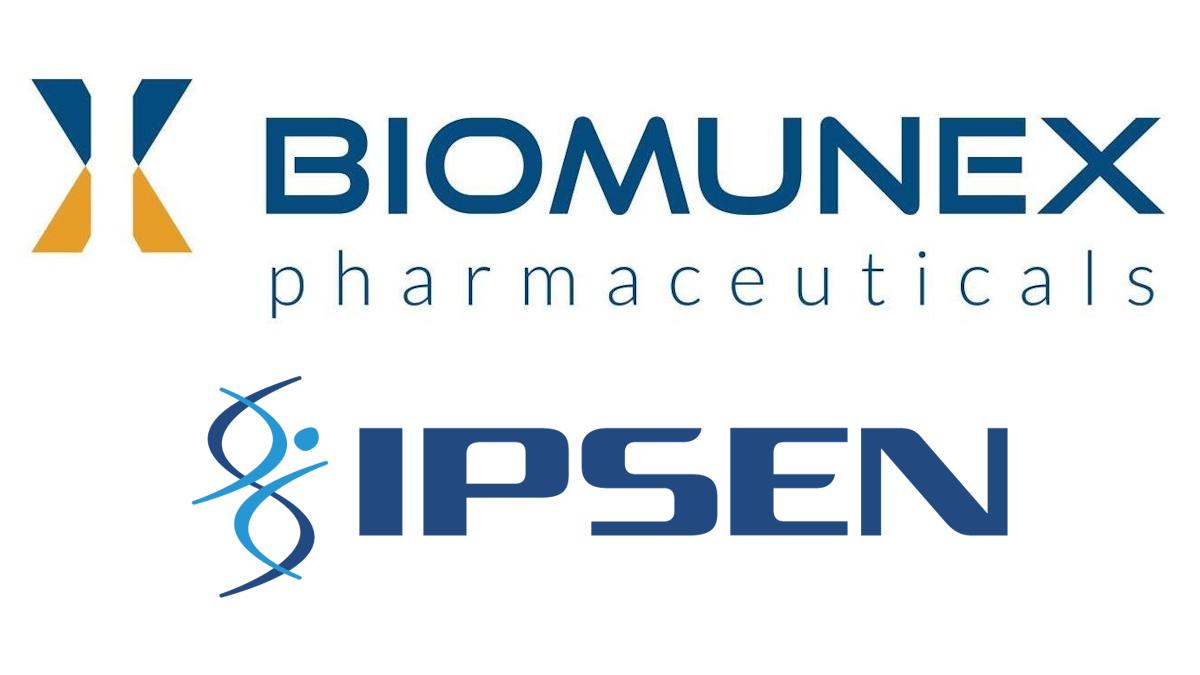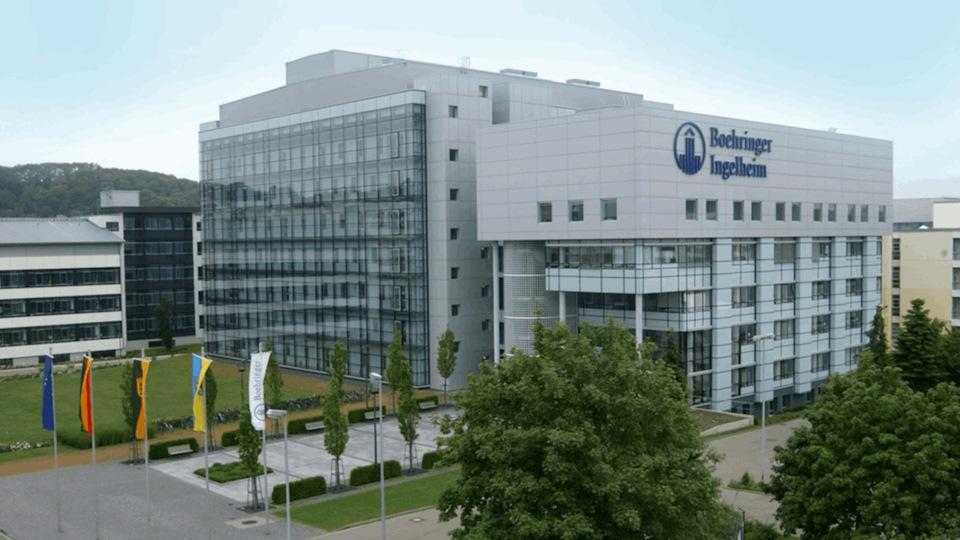Ipsen doubles up in TCEs for cancer, adding Biomunex drug

France's Ipsen has expanded its oncology pipeline by licensing a T-cell engager (TCE) therapy from Paris-based start-up Biomunex Pharmaceuticals.
The deal – valued at up to $610 million – focuses on BMX-502, a bispecific antibody in preclinical development that activates a subset of cytotoxic T-cells called mucosal-associated invariant T-cells (MAITs) and targets the glypican-3 (GPC3) antigen on tumour cells.
It is the latest of a string of bolt-on transactions from Ipsen since the start of the year to build its pipeline, including a number in the oncology arena, and its second in 2024 specifically targeting TCE therapies.
In June, it extended a partnership with Marengo Therapeutics, now worth up to $1.2 billion, to find TCEs for immunologically 'cold' tumours that are typically resistant to immunotherapies.
In a statement, Ipsen said that GPC3 is a well-validated target in oncology and is highly expressed across several tumour types, including hepatocellular carcinoma (HCC).
Meanwhile, MAIT cells are found throughout the body – particularly in mucosal and barrier tissues – and are thought to play a key role as a first defence against infections. They are also involved in antitumour immune responses, however, orchestrating inflammatory and immune responses to cancer cells in the tumour microenvironment.
"As we continue to grow Ipsen's pipeline using a science-first approach to partnering across the ecosystem, we believe BMX-502 is a strong addition with first-in-class potential in solid tumours," remarked Mary Jane Hinrichs, Ipsen's head of early development.
"This new MAIT-engager programme will complement our existing TCE portfolio as we harness the next generation of T-cell engagers to overcome treatment challenges, including dose-limiting toxicity, to bring transformational new medicines to people living with solid tumours around the world," she added.
Under the terms of the deal, Biomunex – which has operations in both France and the US – will complete the preclinical work needed to bring BMX-502 to approval for human testing, with Ipsen taking over once clinical trials are ready to go. The $610 million deal value consists of an undisclosed upfront fee, as well as development, regulatory, and commercial milestones.
Other experimental drugs targeting GPC3 include Roche/Chugai's monoclonal antibody codrituzumab, in phase 1 testing for HCC, and Zymeworks' preclinical-stage antibody-drug conjugate (ADC) ZW251.
Biomunex's most advanced MAIT-activating TCE is licensed to Onward Therapeutics and targets two undisclosed immune checkpoints. It started phase 1 testing in solid tumours in January.
Since the start of the year, Ipsen has bolstered its oncology pipeline with two ADC alliances – with Foreseen Bio and Sutro Biopharma – and acquired rights outside the US to Day One Biopharma's brain cancer therapy Ojemda (tovorafenib). It also kicked off a $1.8 billion collaboration in rare neurological diseases with Skyhawk Therapeutics.












